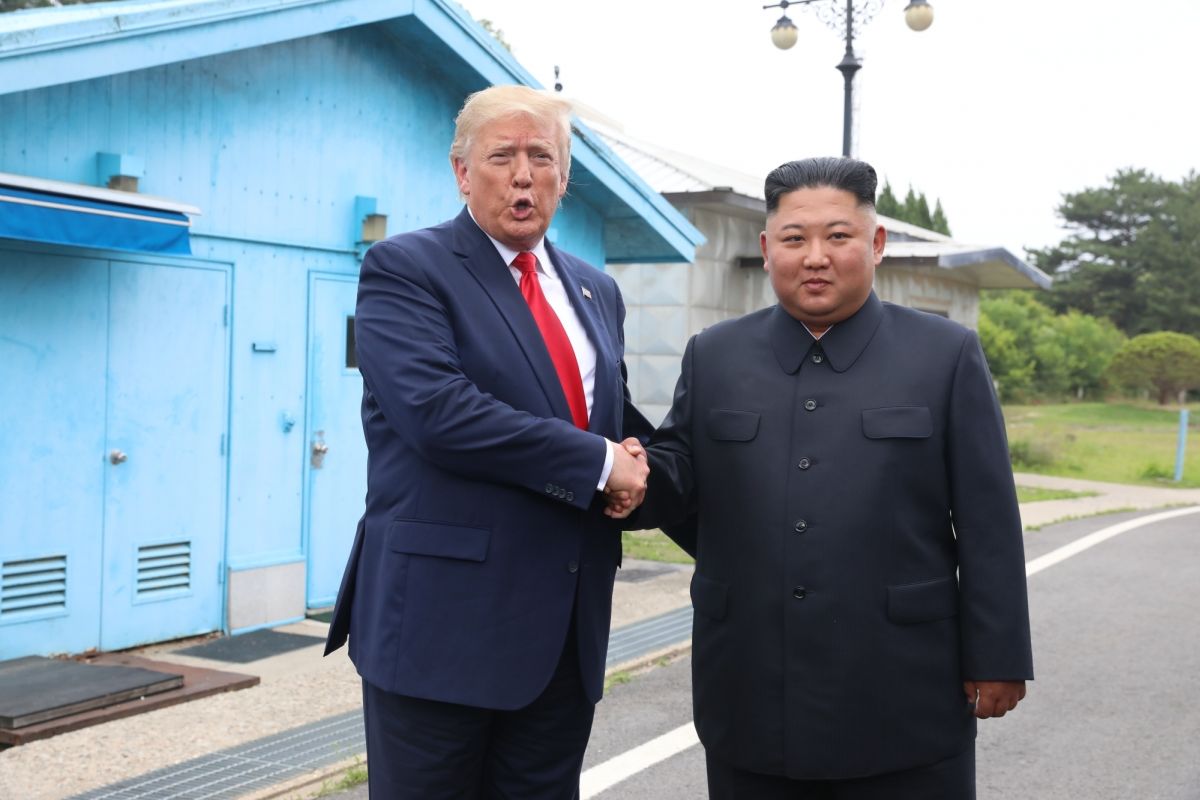Values in Foreign policy: Investigating Ideals and Interests (Published by Rowman & Littlefield International, London & New York) and edited by Krishnan Srinivasan, former Foreign Secretary of India, James Mayall and Sanjaay Pulipaka, is a collection of essays in which the contributors make a critical appraisal of many established certainties about democracy and human rights. Mayall is Emeritus Professor of International Relations, Cambridge University, and Fellow of the British Academy. Pulipaka is Senior Fellow at the Nehru Museum and Library and adviser to ICRIER, New Delhi.
Most countries claim to conduct foreign policy based on moral values and ethical principles. In reality, every country puts its national interests first. The book examines the interplay between theory and practice of different value systems in foreign policy. It would be difficult to find a volume with better understanding of the intricacies and subtilities of foreign policies pursued by the major countries in three continents ~ America, Asia and Europe than the current volume. Diplomatic engagement calls for understanding the values that originate in different national and local traditions because these are intertwined with global policies.
Advertisement
Some countries derive them from foundational charters, others from inherited codes of behaviour, still others from religious sources. There is no universal seedbed in which values germinate. One of the objectives of this volume is to find out to what extent the values of certain axial countries have been successfully projected in the international arena and whether there is any prospect of arriving at a consensus on a universal set of values to which all countries could subscribe.
Euro-American values, based on democracy, freedom, respect for the rule of law and human dignity regardless of the colour of the skin, religion, gender, sexual orientation or political belief, have been venerated in the West, but US President Donald Trump has turned them upside down. William J Antholis, in his chapter on Values in US Foreign Policy, says that in about the last two years President Trump’s America First doctrine has swung towards the farthest end away from universalism across all strands of values and interests. The President was giving voice to those in American politics who reject “democratic enlargement,” multilateral engagement, trade integration and open borders.
However, in reality, US foreign policy in practice continues to contain a commitment to universalist tendencies. America First has been the guiding principle from the beginning of the Republic, but not the Trump variety. President George Washington, in his farewell address, warned against the danger of foreign entanglements. Though President Thomas Jefferson was the leading voice for some commitment to universal values, he pursued his own brand of America First. The USA grew to global pre-eminence in the 20th century while embracing universal values and ignoring the ideology of America First.
President Wilson was the first to make the universalist turn by bringing the country into World War I which he was not inclined to do initially. Even with a growing fear of German and Italian aggression in Europe, Franklin Roosevelt was elected President on an increasingly popular America First movement. Only after Japan attacked Pearl Harbour in 1941, Roosevelt disbanded the America First Committee and entered World War II. The principal purpose of American foreign policy was to maintain the liberty of American people, not to spread democracy and reform the world.
President Dwight D Eisenhower of the Republican Party was of the view that in order to maintain the liberty of the American people, the US must bear “a majestic responsibility” for freedom throughout the world. He also thought America’s global responsibility justified intervention in the affairs of other nations. President John Kennedy largely followed his predecessor’s global commitments and contradictions that included the failed Bay of Pigs invasion in Cuba and the tacit approval of the assassination of President Ngo Dinh Diem in South Vietnam.
President Richard Nixon and his national security adviser, Henry Kissinger, reversed America’s first explicit universalism and toned down the moralism embedded in Cold War liberal internationalist ideology. President Bill Clinton reached out to India, promoted trade and political engagement with liberal elements in China and deepened US commitment to democracies in Latin America and Africa. President George W Bush also pursued a policy of universalism.
Commitment to liberal democracy was continued by the Obama administration. Never before has a presidency so divided the American people as Donald Trump’s. Before Trump, no post-war President has consistently challenged the core democratic values underlying American foreign policy. He launched a tenure as volatile and fiery as the man himself. He insisted the European Union was designed in opposition to American interests and has sought to undermine it directly.
On 18 December 2017, his team issued its National Security Strategy document which puts America First most emphatically. From the President’s perspective, “democratic alliances have not blunted or moderated China’s rise.” The document focuses China and Russia as disruptive actors, and Iran and North Korea as major competitors. Trump and his supporters view establishment officials as part of a swamp that needs to be drained, and as part of a ‘deep state’ whose mission is to thwart his administration and the people who elected him.
The administration’s actions against free trade are beginning to engender a globalist resistance. Testifying before the House Committee on Foreign Affairs on 14 June 1018, Kenneth Wollack, president of the National Democratic Institute, said, “With the decline of political rights globally, along with a decreasing number of democracies, autocrats have become more aggressive and sophisticated in stifling the voice of civil society and political opponents.”
Writing on Values in Indian Foreign Policy, Krishnan Srinivasan says the exclusivist nature of Hindutva now prevalent in governing circles, with the claim to moral high ground, renders India’s closer integration in a globalising world more problematic. Pioneer nationalists like Rammohan Roy and Swami Vivekananda were internationalists. The Vedanta Society established in New York City in 1894 could be considered the first Indian resident representation overseas.
The Congress, in the words of Nehru, gradually developed a foreign policy based on the elimination of political and economic imperialism everywhere and the cooperation of free countries even before the dawn of independence. This fitted in with India’s demand for independence. Though much is made of the diplomatic legacy of Chanakya’s Arthashastra of the third century BC, there is no evidence that such precepts were ever practised at any time in history. But Indian civilisation, philosophy and Hinduism contributed to the evolution of foreign policy.
In order to adapt Gandhi’s moral standards, India deliberately based its policy on peace and non-violence. How far it is possible to apply these standards in today’s realpolitik is difficult to say. Nehru gave the clearest expression to this belief when he told the US Congress in 1949, “India’s voice is somewhat different. It is the voice of an ancient civilisation, distinctive, vital.” He fashioned a policy that was the continuity of the idea that is India that is long ages past to the present day.
After 1990, India’s policies implicitly called upon the world to recognise it as an emerging great power. However, its objectives continue to be peaceful with Narendra Modi stating, “For India, the land of Buddha and Gandhi, peace is not just a word, peace is in our veins.” The ruling BJP looks to a putative Vedic past before the Muslim invasions and colonial stranglehold when there was within safe and extended borders of an Akhand Bharat, a coherent cultural Hindutva connect of peace and harmony prevailed, with the firm conviction that the world looks towards India for moral leadership.
As interest in foreign policy is being reignited to explore the values of multiple nations in an increasingly non-Western World, Values in Foreign Policy ~ Investigating Ideals and Interests provides a valuable contribution which no practitioner of foreign policy should miss. It has full-fledged chapters on Values in European Foreign Policies, Values in Chinese Foreign Policy, Islamic Values in Foreign Policy, ASEAN’s Three Principles, among many others.
(The writer is a veteran journalist and former Director of The Statesman Print Journalism School)











